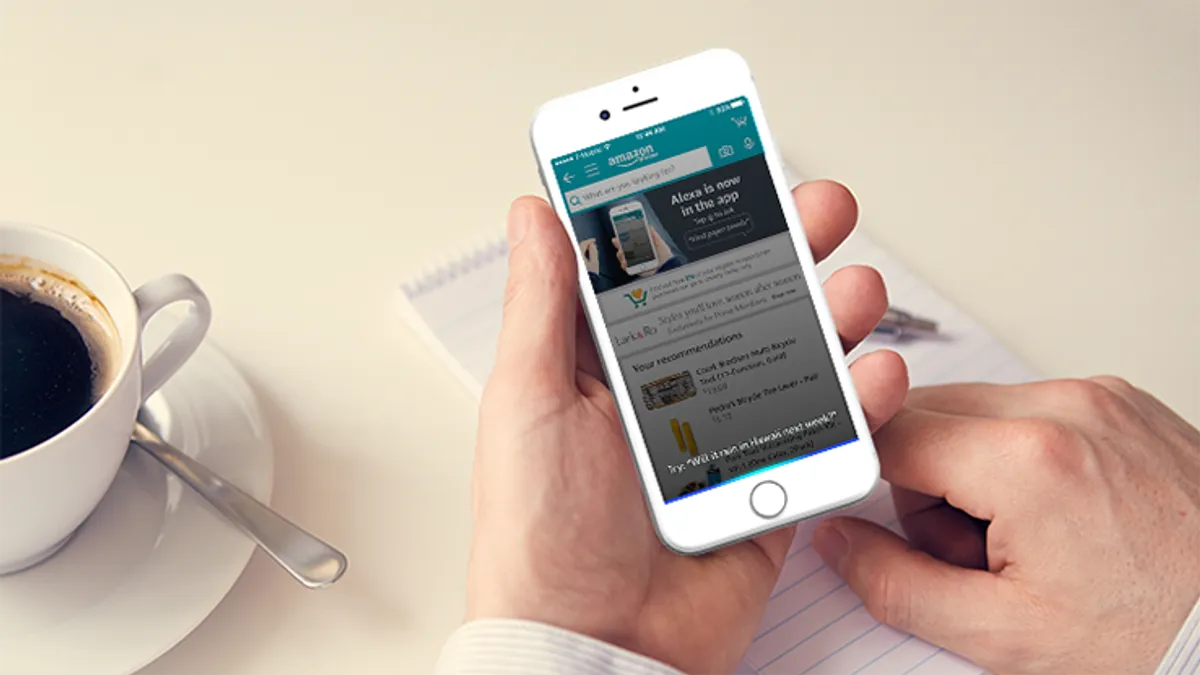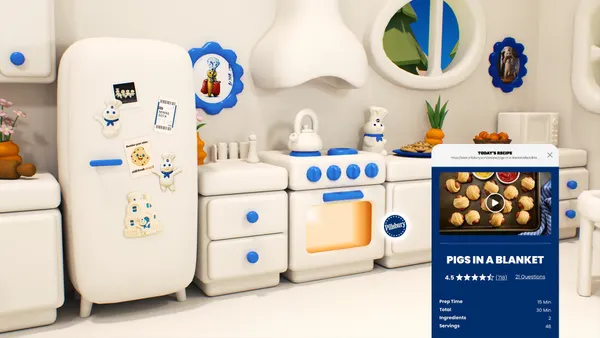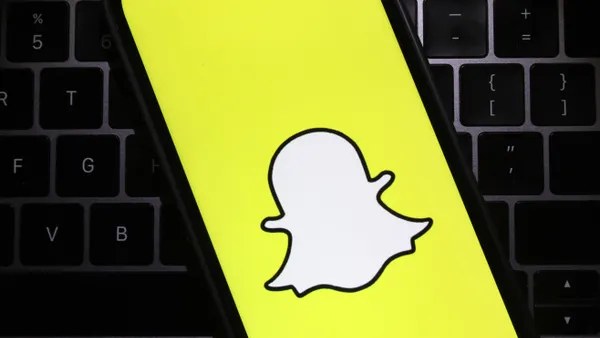Brief:
- Amazon is testing personalized online storefronts for social media influencers, AdExchanger reported. An extension of the Amazon Influencer Program that debuted two years ago, the move provides content creators with a vanity URL that leads to a page where they can curate a selection of products available to shop through the e-commerce site.
- Page hosts are paid a standard fee per purchase depending on the product category they're selling. Amazon is also developing a tool that will let influencers share content from their feeds on platforms like Instagram to their storefront pages, sources told AdExchanger.
- Amazon factors in audience size, relevance and frequency of posting in finding partners for the program, per AdExchanger, and the storefronts are open to any influencers with a presence on YouTube, Twitter, Facebook or Instagram. The company confirmed to AdExchanger that three influencers, Colette.Prime, Dr. Organic Mommy and Cocktail Chemistry, are currently piloting the storefronts.
Insight:
Amazon is trying to deepen its relationship with online content creators as the influencer marketing space reaches new levels of maturity and continues to command a massive amount of advertising spend. While e-commerce driven by social media is still relatively small, it is expected to grow and the latest news from Amazon suggests it is looking to grab a share of this expanding market. More marketers are looking for influencer partners that are able not only to drive more nebulous metrics like reach and engagement with their followers, but also hard product sales.
This has occasionally been a challenge even for big-name social media personalities, but one that the storefront concept looks to solve by centralizing personalized product recommendations — and eventually posts from other platforms, per the report — in one place that influencers can link back to across their profiles.
While the pilot is relatively bare-bones and small in scope at the moment, it's yet another way Amazon can keep up the momentum of an advertising business that's grown rapidly in the past several years. The program is accessible to brands through Amazon's advertising division but is not affiliated with the company's demand-side platform or Amazon Web Services, according to AdExchanger.
Amazon is vying to become the third major force in digital advertising, joining Facebook and Google — a position it's likely to secure if ad sales continue to explode and more experimental bets like the influencer storefronts pay off. Amazon aligns with other platforms in focusing on linking social media posts to shopping as a means to diversify revenue streams. In March, Instagram introduced a checkout feature that lets users pay for products they're browsing directly through the app. Partners like Adidas, Nike and H&M have used the tool.
Amazon also has continued to build out the Amazon Influencer Program, an offshoot of Amazon Associates, and there are signs the business is healthy. The influencer marketing platform Influence.co created a solution specifically for matching brands and influencers on Amazon, and has said the offering has attracted thousands of influencers, for example.
However, Amazon has had some misses in the influencer marketing space. The company reportedly paid influencers to post on its shopping-oriented social network Spark in a bid to get the app off the ground around its launch in 2017. Spark never gained much traction, and shut down operations earlier this summer.














